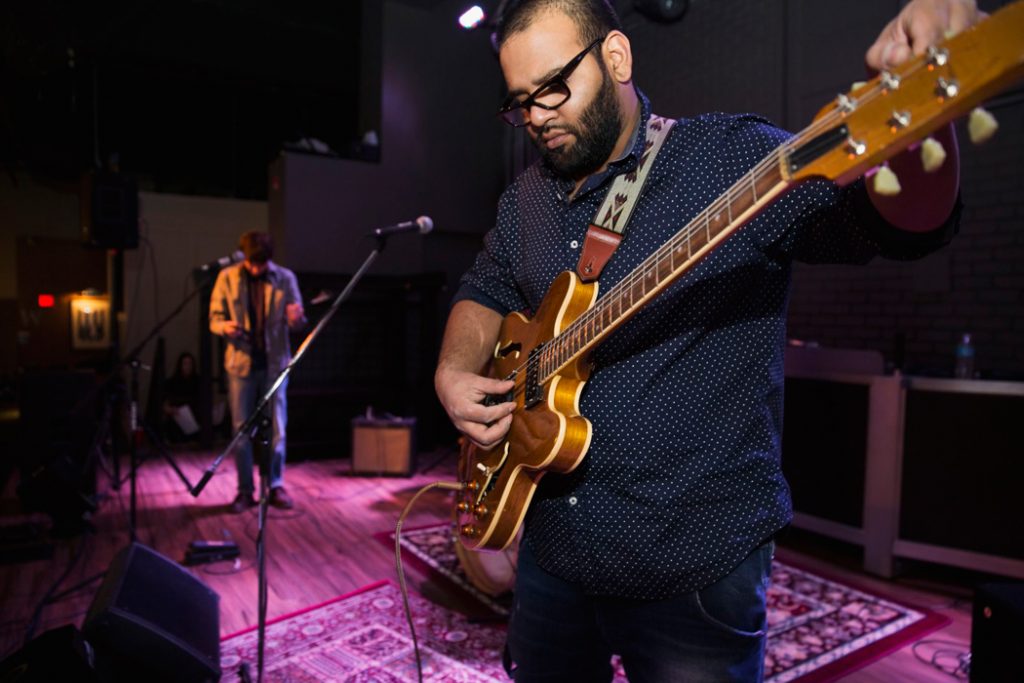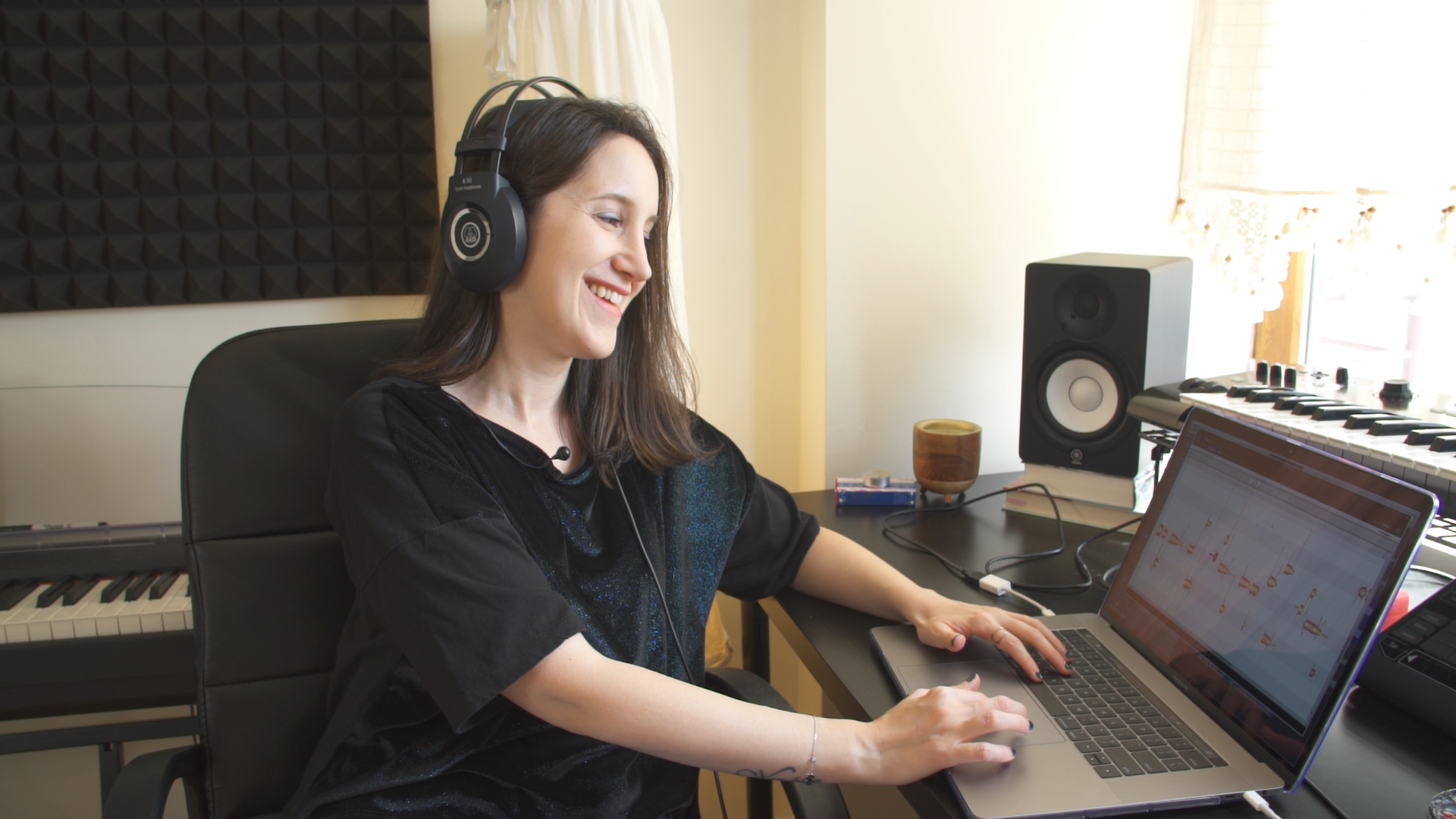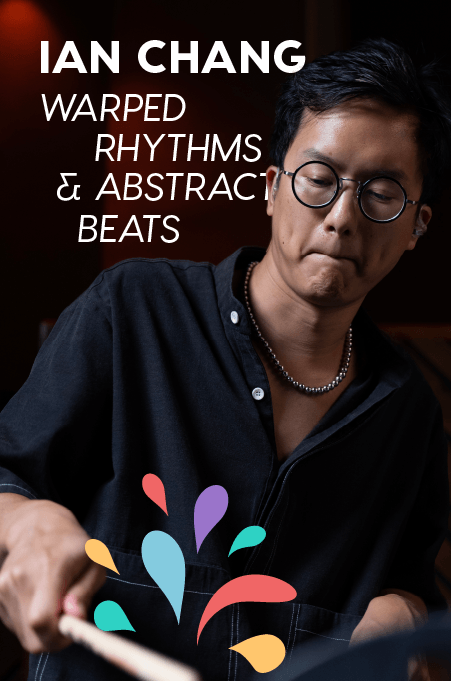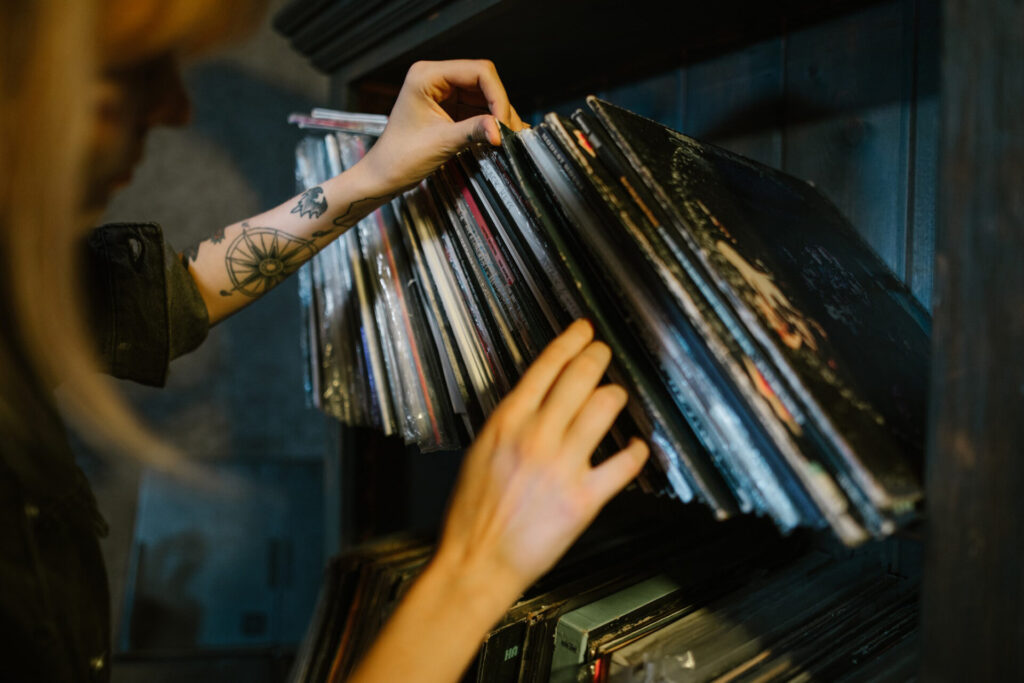+ Our brand new course with The Dillinger Escape Plan’s Ben Weinman teaches how to make a living in music without making sacrifices. Check out The Business of Uncompromising Art, out now exclusively on Soundfly.
The decline of the record industry has made it harder for musicians and songwriters to receive financial remuneration in today’s world. Although music is ubiquitous, people everywhere have embraced free music consumption through digital platforms.
Although now the music industry operates differently, it doesn’t mean there aren’t opportunities hiding in the economic shadows. It’s exciting that we live in an era where very little stands in the way of passionate artists from achieving their goals. If you’re looking to start a new music project, the great news is that the barriers to entry are virtually non-existent. However, it is crucial to demonstrate financial sensibility when starting a new project so that you can continue to build your project sustainably.
In this article, I’ll share what’s required when creating a DIY music project without breaking the bank.
There Will Always Be Opportunities in Music
Digital platforms continue to grow exponentially. Spotify continues to accelerate its year-on-year growth of around 30% of users, and all signs point towards YouTube’s ever-increasing popularity, with the company experiencing an increase in net advertising revenues for its videos every single year.
The bottom line? There will always be potential fans ready to fall in love with new and exciting music. Sure, the revenues of recorded music for streaming might not amount to much. But there is a vast global audience that’s always ready to listen.
Let’s not forget that modern technology and connectivity have made it easier than ever before for musicians to write, produce, upload, market, and distribute music. Us modern musicians can create with very few limitations. If you have the drive to create, then you can take advantage of a growing wealth of music production tools, recording software, and distribution channels to reach new fans.
+ Read more on Flypaper: “Your Fans Want to Hear Your Narrative: Crafting a Story for Your Music Career.”
A Passion for Creating Music
If you feel compelled to create a new music project and have a burning desire to share your artistic voice with the world, you’re already onto a winner. Finding your “why” can be one of the more difficult and challenging aspects of starting a new musical project. If you feel inspired, determined, and full of purpose, you can certainly find success in music without the need to take huge risks or make enormous sacrifices.
The reality is that there is no such thing as overnight success in music, and even with hard work and dedication, it can take years to achieve your goals in music. Most aspiring musicians pursue their passions alongside existing commitments, whether it’s college, work, family, etc.
The benefit of technology means that musicians can create, write, collaborate, and communicate remotely, all from a computer. Technology is at everyone’s fingertips. We have the tools to fulfill an enormous range of tasks with ease and flexibility without the need to make personal or financial sacrifices.
+ Learn production, composition, songwriting, theory, arranging, mixing, and more; whenever you want and wherever you are. Subscribe for full access!
Capitalize on Your Skills and Resources
In the past, to create an excellent sounding record, you would need the backing of a label. There was no other way around it. You could make a demo tape, but the purpose of this was to attract a record label who could fund an album’s creation.
Nowadays, we are equipped with incredible technology that can translate raw musical ideas to a professional standard with ease and efficiency. There is a vast range of powerful digital audio workstations (DAWs) such as Logic Pro X and Ableton Live that can facilitate multitrack recording and work seamlessly with digital VST instruments for convincing performances.
Musicians can benefit from being in complete control of the creative process when writing music. Many of the world’s best selling artists are now moving away from the conventional recording studio process in favor of flexible studio setups. Billie Eilish’s award-winning debut album was recorded in a bedroom. It shows that the creativity behind the music is what’s most important.
Self-recording your music as a DIY project is the best thing you can do to improve your workflow, realize your artistic vision, and save money. Producing your own music is also extremely rewarding, and it has a lot to offer in terms of creative fulfillment.
Music production is one of the most important skills for a self-sufficient musician, but there are plenty of others, too, including videography, marketing, and even excellent writing skills. Even if you don’t feel confident mixing and mastering music yourself, you can outsource this final work to an experienced producer or mix/mastering engineer. Having the raw stems already engineered and edited will minimize your costs enormously.
Here’s a handy piece of advice from pro audio engineer Joe Lambert. This video appears in Soundfly’s premium online course, Faders Up I: Modern Mix Techniques.
Make Smart Judgments When Outsourcing Projects
It’s not always going to be the case that you’ll be able to perform every single task for your music project in-house. Even if you could do something yourself, it’s not always worth compromising quality when trying to build a fanbase and impress music industry professionals.
Over 40,000 songs are uploaded to Spotify every single day, and the competition is fierce. The bar is already high for the quality of recorded music and other branding elements such as album artworks and promotional photos.
My point is: don’t skimp out on quality but be savvy when outsourcing work with experienced professionals, whether it’s a music video, an album artwork, graphic design, or song mixing/mastering.
When outsourcing for a project, obtain a range of quotes from chosen professionals, and don’t be afraid to work out a price that suits your budget. Of course, don’t insult somebody with a crazy low offer. But it’s worth seeing if there can be any room for negotiation on the price.
Here’s a true story. My band received a quote for $15,000 for a music video project with a videographer and quoted $2,000 from another. We politely passed on the first videographer, explaining it was out of budget. And with the second, we agreed to do all the filming in a single day instead of two, and we were able to cut that price down to $1,500, including edits, revisions, and color grading.
Final Thoughts
When you’re starting a DIY music project, the most important thing is to have fun and enjoy yourself while creating music. Music is one of life’s greatest pleasures. There is something very gratifying about bringing an artistic vision to life and being in charge of the creative process.
Unfortunately, it’s common for bands to split up or for artists to throw in the towel when finances can be crushing. Musicians must be flexible and work around existing commitments when pursuing a musical project. It would be irresponsible for any musician to quit their job unless income gained through music offered a real and viable replacement.
Musicians will likely face plenty of challenges along the way when starting a DIY music project. These challenges may require adapting and planning new routes for success. Being agile and adaptable are essential qualities for successful musicians. Despite the challenges modern musicians face, today’s digital age will always offer new opportunities for hungry and talented artists.”
Rev Up Your Creative Engines…
Continue your learning with hundreds of lessons on songwriting, mixing, recording and production, composing, beat making, and more on Soundfly, with artist-led courses by Kimbra, RJD2, Com Truise, Kiefer, Ryan Lott, and Ben Weinman’s The Business of Uncompromising Art.
—
Gideon Waxman is a London-based drummer with over 15 years of experience and is the founder of the Strong Sounds blog. Since completing a Music degree at the University of Westminster, Gideon has been touring and producing music. You can also find more of his advice over at Drum Helper, an online resource dedicated to helping drummers achieve more from their playing.





